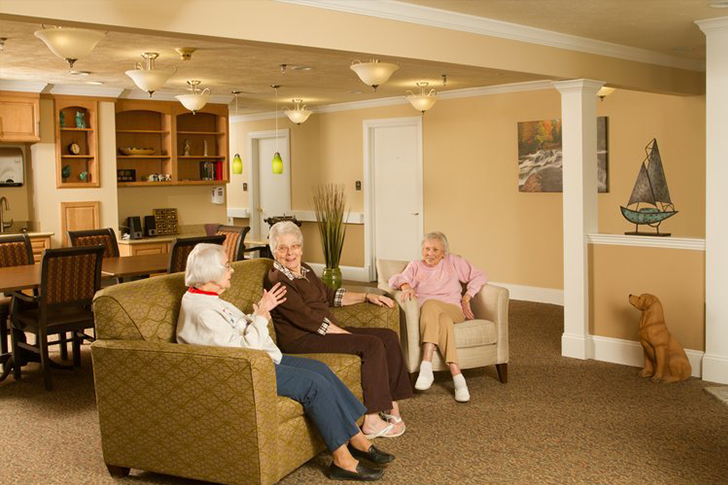Budget-Friendly Housing Solutions for Elderly Residents
Finding an affordable and comfortable apartment for seniors can be a daunting task, given the variety of factors to consider such as safety, accessibility, and proximity to healthcare facilities. With rising rental prices and limited incomes, seniors often find it challenging to locate housing within their budget. However, with careful planning and access to the right resources, it’s possible to find an affordable living space that does not compromise on quality or safety. We outline several strategies to help seniors secure affordable housing.

The Importance of Budget Planning
Before beginning the search for a new apartment, it’s crucial for seniors to clearly understand their financial situation. A well-laid-out budget should account for all sources of income, including Social Security, pensions, retirement funds, and any other potential income sources like dividends or annuities. Equally important are expenses – not just the monthly rent, but utilities, healthcare, transportation, groceries, and other recurring costs. According to a study by the National Council on Aging, over 25 million Americans aged 60 and over are economically insecure, living at or under 250% of the federal poverty level. This underscores the necessity for meticulous financial planning.
Utilizing Government Programs and Subsidies
For seniors looking for affordable housing solutions, government assistance can be invaluable:
1. **Section 202 Supportive Housing for the Elderly Program**: This program provides funding to create and support multifamily homes for low-income seniors. It also offers rent subsidies and access to support services like cleaning, cooking, and transportation.
2. **Housing Choice Voucher (HCV) Program**: Also known as Section 8, this program allows seniors to find their own housing (including townhouses and apartments) and use vouchers to pay for all or part of the rent. According to HUD, there are about 2.2 million households receiving HCVs as of 2023.
3. **Low-Income Housing Tax Credit (LIHTC) Properties**: These properties offer reduced rents because they receive a tax credit for renting at lower rates.
Exploring Non-Profit and Community Resources
Many non-profit organizations and community groups offer assistance to seniors in finding affordable housing. These entities provide various services, from locating suitable housing options to helping with the application process. Organizations like the National Council on Aging and Local Area Agencies on Aging provide invaluable resources and guidance. Community centers often hold workshops and seminars on effective housing search techniques tailored to seniors’ needs.
Considering Alternative Living Arrangements
In addition to traditional apartments, there are several alternative housing options that can be more budget-friendly:
– **Shared Housing**: Splitting the cost of a larger apartment or house with others can significantly reduce living expenses.
– **Senior Co-housing Communities**: These are communities where seniors live in private homes but share common areas, activities, and amenities, potentially reducing the cost of living.
Location, Location, Location
The geographical area can vastly influence the affordability of apartments. Cities and neighborhoods with high living costs might not be the best choice for seniors with a restricted budget. Looking into suburban or rural areas where the cost of living is generally lower could be a wise move. However, it’s important to consider proximity to essential services like healthcare facilities, grocery stores, and public transportation.
Tips for the Application Process
Securing an apartment involves more than just finding a suitable location and price. Seniors must navigate the application process, which can sometimes be competitive, especially in areas with limited affordable housing options. Here are a few tips:
– **Documentation**: Have all necessary documents, such as ID, proof of income, references, and credit reports, organized and ready to submit.
– **References**: Good references can differentiate an application. Prior landlords, work associates, and community leaders can provide recommendations.
– **Credit Score**: While not all senior housing requires a credit check, a decent credit score can enhance an applicant’s desirability to potential landlords.
Final Thoughts
Finding affordable housing for seniors requires patience, diligent research, and a proactive approach. By leveraging government programs, exploring non-profit resources, considering alternative housing arrangements, and carefully selecting an appropriate location, affordable senior housing can be more than just wishful thinking.







Recent Comments